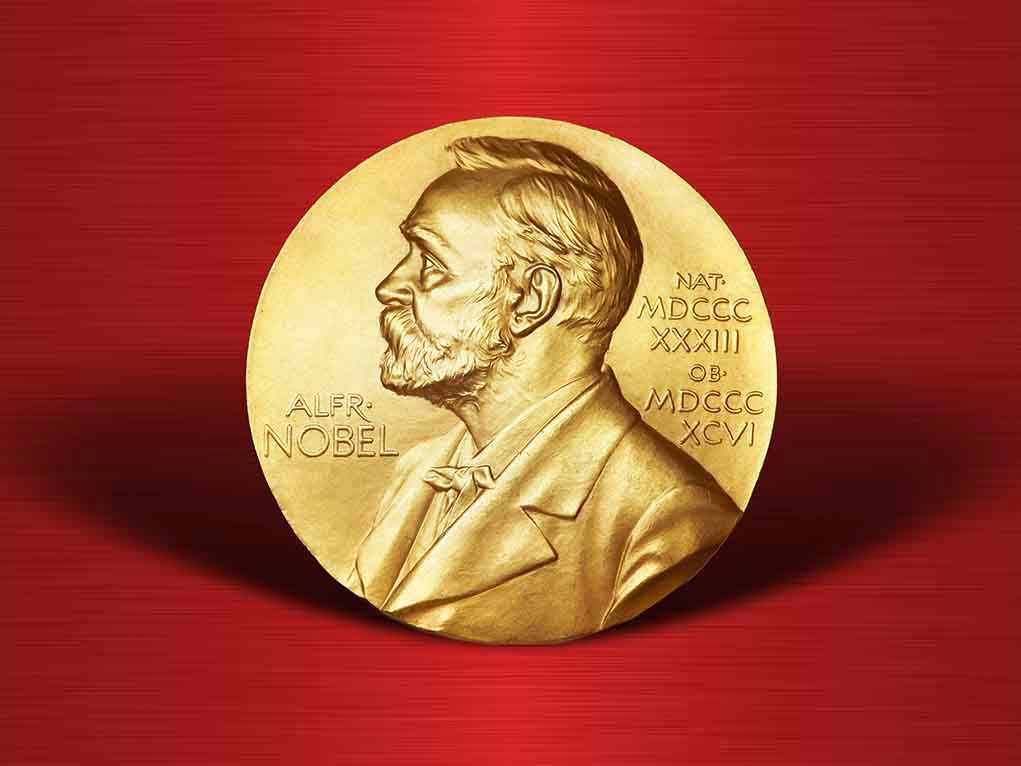
Donald Trump’s unprecedented Nobel Peace Prize nomination by Cambodia draws global attention to his pivotal role in brokering a ceasefire during the deadly 2025 Cambodia-Thailand border conflict.
Story Snapshot
- Cambodia nominates Trump for the Nobel Peace Prize after his mediation ends border violence with Thailand
- Trump’s intervention credited with securing a ceasefire that halted deadly clashes and mass displacement
- The nomination marks the third time Trump has been put forward for the prestigious award post-presidency
- International recognition underscores the shifting role of U.S. leadership and third-party diplomacy in volatile regions
Cambodia’s Nobel Nomination for Trump: Recognition of Peace Efforts
Cambodia publicly announced on August 3, 2025, that it would nominate former U.S. President Donald Trump for the Nobel Peace Prize, citing his instrumental role in mediating the recent ceasefire between Cambodia and Thailand. This move follows weeks of escalating border violence that left dozens dead and forced over 168,000 civilians to flee their homes. Cambodia’s decision makes it the third nation to formally nominate Trump for the award, shining a spotlight on unconventional but effective diplomacy by a private American citizen and former head of state. Cambodian officials emphasized that Trump’s intervention was decisive, highlighting the significance of international leadership amid regional instability. The nomination comes as peace appears to be taking hold, with cross-border talks continuing and humanitarian efforts underway to aid those displaced by the conflict.
The Cambodian government’s announcement specifically cited Trump’s direct outreach to both Thai and Cambodian leaders on July 26, which set the stage for subsequent ceasefire negotiations. Following Trump’s phone call, Malaysian Prime Minister Anwar Ibrahim hosted urgent talks in Kuala Lumpur, with U.S. and Chinese diplomats present. The negotiations resulted in an unconditional ceasefire agreement that took effect at midnight on July 28. Cambodian Prime Minister Hun Manet publicly credited Trump’s mediation for breaking the diplomatic deadlock and enabling the swift cessation of hostilities. While some Thai officials expressed a preference for bilateral solutions, international observers noted that Trump’s engagement brought unique urgency and focus to the talks, ultimately catalyzing a deal that regional actors had struggled to achieve on their own.
The Cambodia-Thailand Border Conflict: Roots and Escalation
The 2025 border conflict erupted in May after a Cambodian soldier was killed in a disputed territory, reigniting historical tensions that trace back to colonial-era boundaries and overlapping territorial claims. The 500-mile frontier, particularly around the ancient Preah Vihear Temple, has long been a flashpoint for both nations. Hostilities escalated in late July with artillery exchanges, civilian casualties, and mine explosions, resulting in significant loss of life and the displacement of tens of thousands. Both sides invoked nationalist rhetoric, and initial diplomatic efforts by ASEAN and the United Nations failed to produce a breakthrough. The violence threatened to destabilize the broader region, with local economies suffering from disrupted trade and agriculture and communities enduring trauma and displacement.
Political instability in Thailand and entrenched military influence in both countries complicated efforts to find a rapid resolution. Analysts point to the interplay of domestic politics and unresolved border demarcation as persistent risk factors for renewed violence. Previous confrontations, such as the 2008 skirmishes around Preah Vihear, were typically resolved through regional mediation but rarely addressed the underlying issues. The 2025 crisis, however, quickly gained international attention due to the scale of the humanitarian fallout and the involvement of prominent global figures.
International Mediation and the Ceasefire Agreement
Trump’s engagement, as a private citizen with significant diplomatic experience, marked a departure from standard protocols and reflected both his personal motivation for legacy and the practical need for external intervention. The U.S. and China’s simultaneous involvement signaled the high stakes in Southeast Asia, as both superpowers seek to maintain influence and stability in the region. Malaysia’s role as host and mediator, under Prime Minister Anwar Ibrahim, underscored the value of regional leadership, while ASEAN and the United Nations continued to monitor developments and facilitate post-ceasefire discussions.
The ceasefire agreement, reached after two days of negotiations in Kuala Lumpur, halted all hostilities and set the stage for future talks on border demarcation and humanitarian assistance. The deal has largely held, with no major incidents reported as of early August. The return of displaced persons and the reopening of border areas have become immediate priorities, while political leaders in both countries face scrutiny over their handling of the crisis and the prospects for a lasting resolution.
Expert Analysis and Implications for U.S. Diplomacy
Experts and analysts agree that the Cambodia-Thailand conflict exposed the limitations of regional mechanisms and the importance of timely, effective third-party mediation. While some observers question the depth of Trump’s role compared to other mediators, credible sources confirm his intervention was pivotal in unlocking a stalemate that threatened to spiral further. Academic commentary highlights the risks of recurring violence if core issues remain unaddressed, but many agree the ceasefire provides a critical window for renewed diplomatic engagement and the possibility of more durable peace.
For American conservatives frustrated by years of perceived weakness on the world stage and the erosion of traditional leadership, Trump’s Nobel nomination is seen as validation of assertive, values-driven diplomacy. The episode underscores the enduring influence of U.S. statesmanship, even outside formal government channels, and serves as a reminder of the importance of defending American interests and principles abroad. As the ceasefire continues to hold and international attention shifts to the long-term resolution of the border dispute, Trump’s recognition by Cambodia stands as a rare and consequential endorsement of American involvement in global peace efforts.
Sources:
Wikipedia: 2025 Cambodia–Thailand border conflict
CBS News: Thailand-Cambodia border clashes violence continues
Britannica: Thailand-Cambodia Conflict

